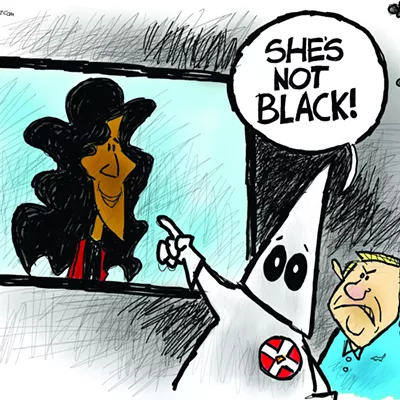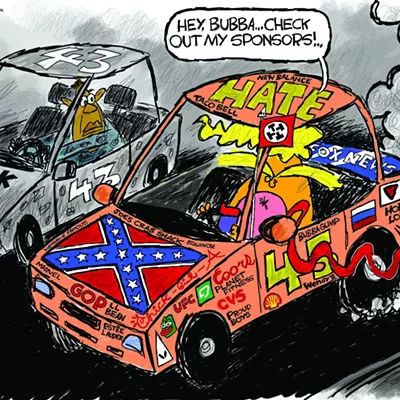Wednesday, July 22, 2015
Harper Lee's Two Versions of Racism in America
It may be a sin to kill a mockingbird, but is it a sin to knock a Finch off his pedestal?
It turns out Atticus Finch was a segregationist and a bigot before he was the ideal vision of a white southerner who was able to rise above the racism of his time. Of maybe he was a segregationist and a bigot after he was that ideal man. It depends on which timeline you use.
Atticus Finch, of course, is the fictional southern lawyer in Harper Lee's wonderful novel To Kill a Mockingbird, which I read and taught many times during my career as a high school English teacher. But a few years earlier, before Lee wrote Mockingbird, she wrote Go Set a Watchman, and in that book Atticus made some statements about segregation and race you wouldn't expect from the man we learned to love in the classic novel. That means the character was conceived as a bigot before he was re-envisioned as the perfect man in Mockingbird. But Watchman is set twenty years after Mockingbird, so it was an older Atticus who showed himself to be a bigot. Before. After. The whole thing is confusing on a number of levels.
In case you haven't read any of the statements Atticus made in Watchman, which is set soon after the Brown v. Board of Education decision outlawing school segregation, here are two of his most often quoted lines.
“Do you want Negroes by the carload in our schools and churches and theaters? Do you want them in our world?”And
"[The south should] be left alone to keep house without advice from the N.A.A.C.P.”It's coincidental, and fortuitous, that the two dramatically different versions of Atticus Finch have been revealed at a moment when the importance of race and racism in our society is being discussed with greater candor and intensity than we've discussed it in decades. We're trying to determine how racist we are as a country, how deeply and permanently racism, structural and personal, is ingrained in our society. People are asking the question, "How far have we advanced since the bad old days of Jim Crow, or have we advanced at all?" Now, along with the police killings of black men, the massacre of black Christians in a church in Charleston, South Carolina, and the arguments about whether a flag that dates from the Confederacy is a symbol or regional pride or a celebration of slavery and racism, we have the issue encapsulated in a fictional character who most people know either from Mockingbird the novel or the very faithful film adaptation. Have we fallen in love with a man who makes us feel good because he embodies what we want to be as people and a nation, but who is actually tainted with the very bigotry he appeared to transcend? Are many of us deluded about the depth of racism in our society, which actually lurks just a few inches below the surface, ready to leap forth at the slightest provocation, as it did in Atticus when he was confronted with a new world where the rules of the old segregationist south were being challenged?
Watchman is told from the point of view of an adult woman, a 26 year old who left her small southern town and moved to New York. She returned to her home town and was shocked to hear her father, who she adored and idolized as a young girl, spouting racist, segregationist rhetoric. That book was rejected by her editor. He told her to expand on the book's flashbacks to her childhood. The result was Mockingbird, where Atticus is seen through the eyes of his adoring, innocent six year old daughter who has no concept of the complexities of the world around her and is willing to accept a simpler, more idealized version of her father and the racist world she lived in. We learned to love the six year old's version of the south portrayed in the book, because it made us feel good. That world was far from perfect, but it was redeemable. Bad things happened, but we could see the beginnings of the transformation that would make this a better, possibly even a post-racial, country. We wanted to believe that. But how true was it then? And how true is it today? The earlier version of the book is very possibly a more accurate, and far more troubling, depiction of our world.
Tags: To Kill a Mockingbird , Go Set a Watchman , Harper Lee , Racism













